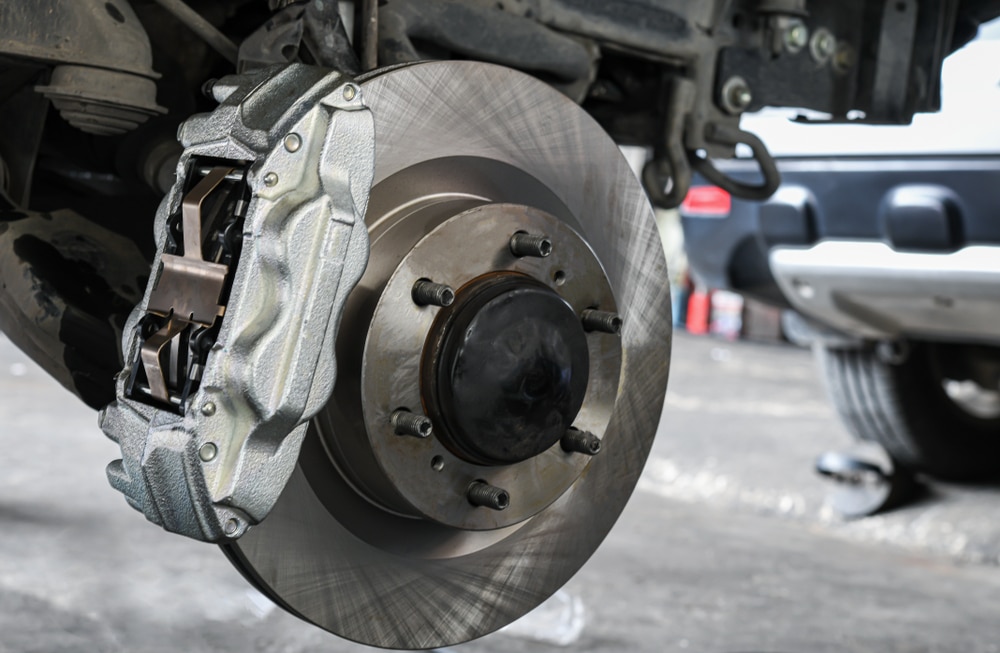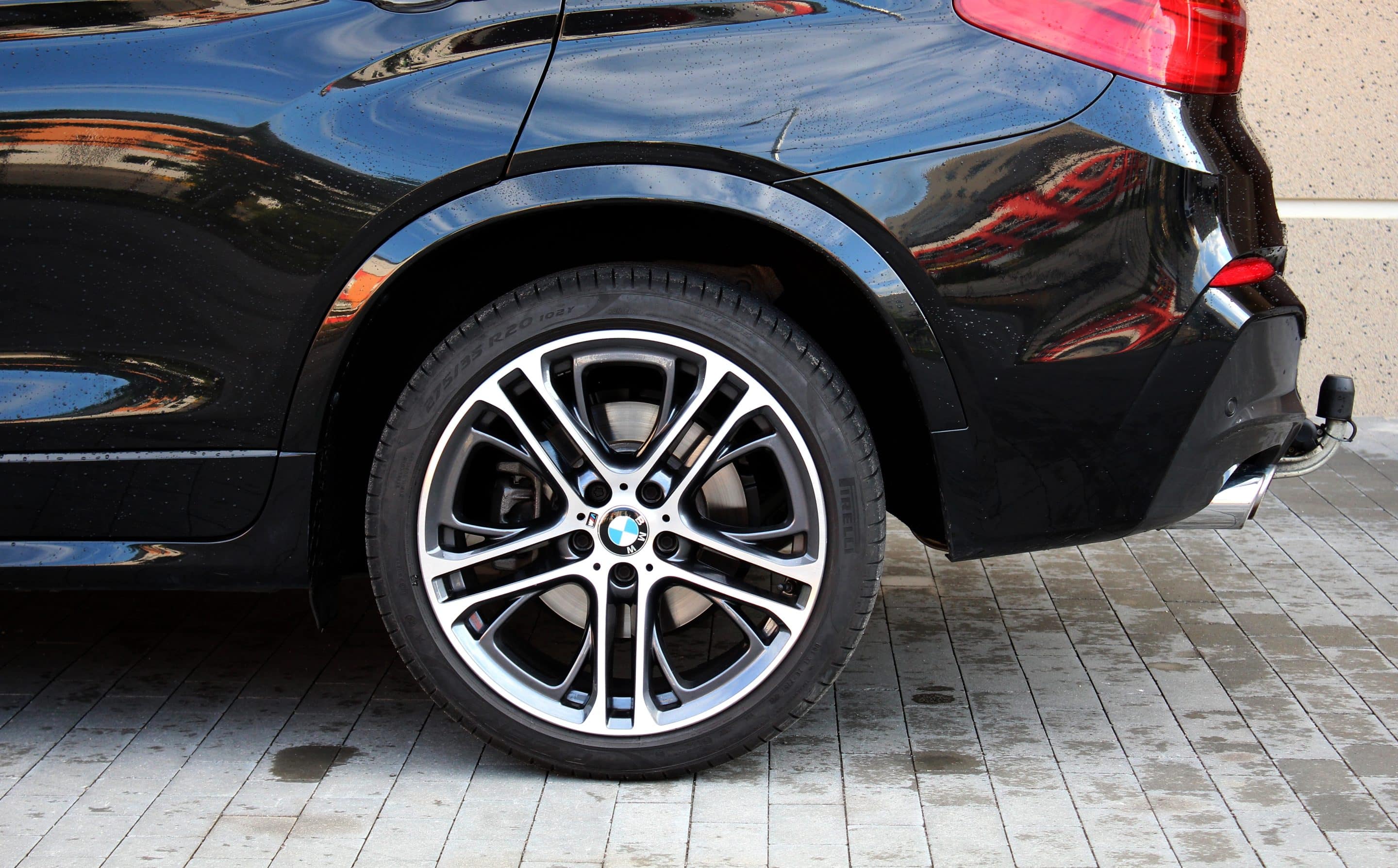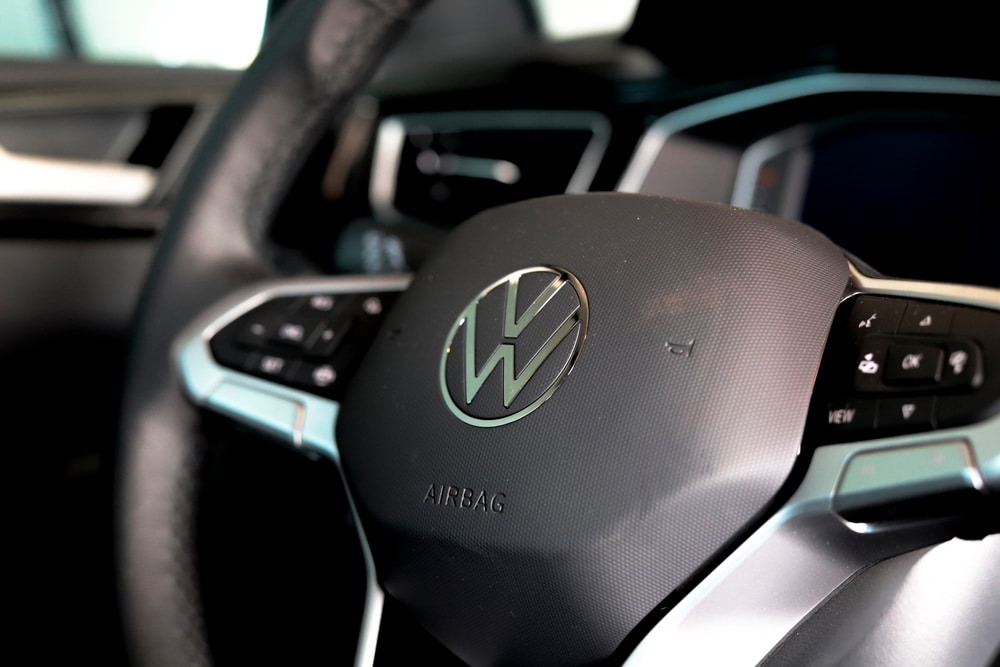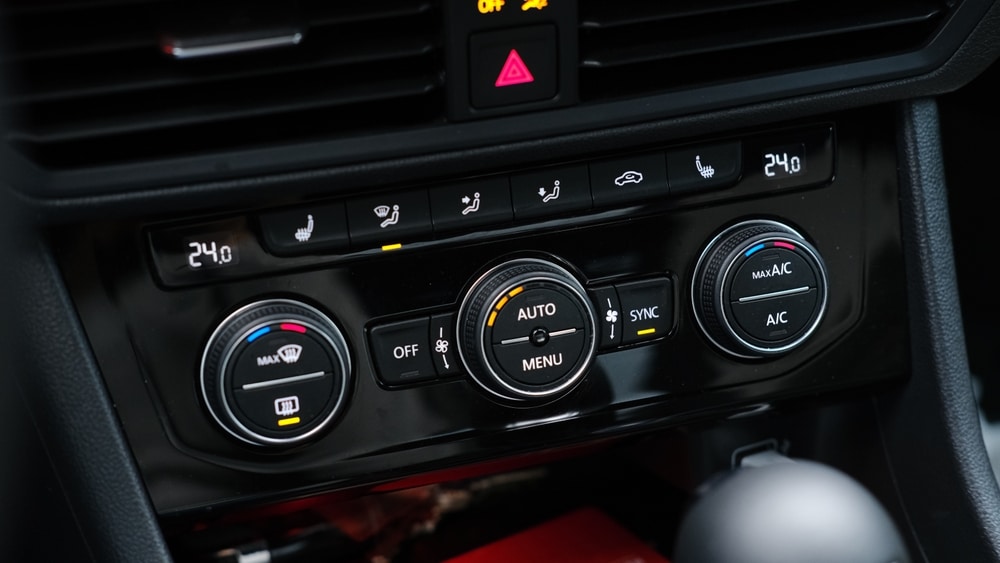Brake Discs
Your braking system is only as strong as the components behind it, and few parts work harder than the brake discs. Brake discs quietly work away in the background, but once issues develop, they shouldn’t be ignored. If left unresolved, worn brake discs may lead to dangerous braking problems. In serious cases, the brakes may stop working as intended.
At JDK Automotive in Camberley, we’ve carried out countless brake disc and pad replacements for drivers from Camberley, Farnborough and surrounding areas. We help drivers across the area spot brake disc early warning signs and act before safety is compromised. Because when you’re driving down the M3 at 70mph, your brakes need to be reliable without exception.
Even the smallest concern is worth investigating. Call us on 01276 535585 and we’ll carry out a full inspection, before a minor defect turns into a major failure.
So what do brake discs actually do, and how can you tell when something’s not right? Let’s take a deeper look.
How Brake Discs Function When You Hit the Pedal
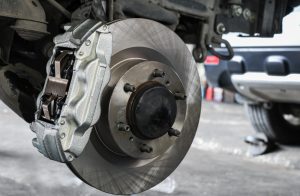
Each time you brake, your vehicle starts a precise chain of events — and brake discs are right at the heart of it. These round metal components, usually made from cast iron, are bolted to the wheel hub and rotate with your wheels. On most modern cars, they’re visible just behind the alloys or trims, silently doing their job every time you slow down.
When you press the pedal, hydraulic pressure forces the brake pads against the spinning brake disc. This creates friction, which converts your car’s movement into heat and brings the wheels to a stop. Because that heat builds fast, discs are designed to shed it efficiently. That’s why nearly all modern vehicles use brake discs instead of drum brakes; they handle repeated stops more reliably.
At JDK Automotive in Camberley, we know that healthy brake discs are essential to safe braking. Even if your pads are new, worn or warped discs will affect the entire system.
Brake Disc Designs: What’s Fitted and Why
Brake discs vary depending on what your vehicle needs; there’s no one-size-fits-all. The size, material and design of the disc are chosen based on how much braking force the car requires.
The most common types of brake discs are vented or solid brake discs. Solid discs are made from a single piece of cast iron and are usually found at the rear, where there’s less braking load. Vented discs include internal vanes that help cool the disc as it spins, which is ideal for front wheels that do most of the braking.
Most standard vehicles use cast iron discs, but high-performance or luxury models may need ceramic or carbon fibre options to withstand greater heat and stress. Whatever your setup, at JDK Automotive in Camberley, we always check both front and rear discs (if fitted) to ensure they meet your vehicle’s specification. We’ll always fit the correct disc type and spec for your car — no cutting corners.
What Causes Brake Discs to Wear Out Faster
Brake discs are built to cope with stress, but they’re not immune to wear. A number of factors can shorten their working life, even if your driving seems relatively gentle around Camberley or Farnborough.
Excessive heat is the biggest issue.
Repeated hard braking with little cooling time can cause discs to overheat. If temperatures reach a critical point of around 650°C, the metal structure can begin to weaken, increasing the risk of warping or cracking.
Your driving habits also make a difference.
Late braking, riding the brakes downhill, or frequent stop-start driving generates more friction. Over time, this leads to uneven surfaces and premature wear.
Incorrect bedding-in of new pads can also lead to damage.
If the brakes are used too heavily before they’ve had a chance to bed in properly, the pad material can transfer unevenly onto the disc face. This creates thickness variation across the disc, which leads to roughness, vibration, and inconsistent braking. For best results, new pads and discs should be used gently for the first 200 miles, with time allowed for proper cooling between stops.
A sticking brake calliper may prevent the pad from releasing properly. This causes constant contact with the disc and creates unnecessary heat and wear.
Rust or contamination on the hub can prevent the disc from mounting flush. Even slight misalignment can lead to vibration and uneven disc wear over time.
Incorrect torque during installation is another common cause of damage. Over-tightened or unevenly torqued wheel bolts can distort the disc, even if it looks visually fine. You can rely on our technicians at JDK Automotive to always use calibrated torque wrenches and follow manufacturer guidelines when fitting brake discs.
Poor quality discs don’t hold up.
At JDK Automotive, we only install discs that meet your manufacturer’s specifications. Substandard components may not last long, and we would simply never take risks with safety-critical parts.
If you’re unsure about your brake discs, our team in Camberley can carry out a detailed check and provide you with helpful, personalised advice. Give us a call.
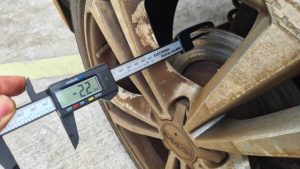
Symptoms That Show Your Brake Discs May Be Failing
Because brake discs wear down gradually, it can be easy to miss early warning signs, until your braking becomes less effective. At JDK Automotive in Camberley, we’ve inspected far too many cars showing symptoms that should have been picked up much sooner. (NB – book your annual service with us and you won’t fall into this trap!)
Below are the most common warning signs that your brake discs might be compromised:
Vibration or pulsing as you slow down
If you feel the steering wheel shudder or a pulsing sensation through the brake pedal, especially when braking from higher speeds, this often indicates a warped or uneven brake disc.
Loud screeching, squealing, or grinding noises
A high-pitched squeal might mean the disc surface is rough or uneven, which is especially common after new pads are installed without also replacing worn discs. Grinding, on the other hand, is more serious, usually pointing to deep wear or heat damage that’s affecting both the pads and the disc.
Visible damage through your wheels
Look through the spokes of your wheels. If you spot discolouration, scoring, blue heat marks or fine cracks on the disc face, these are all signs of excessive heat or wear.
Burning smell after braking
Overheating can sometimes cause a sharp, chemical odour after braking, often due to a seized calliper keeping the pad pressed against the brake disc.
If any of these symptoms are present, it’s best to have your discs inspected before other components suffer or your brakes stop protecting you. Brake discs work in tandem with pads, callipers and fluid — and if one part is compromised, it can affect the rest of the system.
Want to understand better how braking components work together? Our previous blogs on Brake Pads and our explainer on the Braking System will help you know more.
The Risks of Delaying a Brake Disc Replacement
Brake disc issues don’t get better on their own, and delaying a replacement can have real consequences. What begins as a minor fault can quickly impact your braking power, safety, and repair costs.
Here’s what might happen if a brake disc change is put off too long:
Braking becomes less effective
If your discs can’t cool down properly or have worn below their minimum thickness, they lose the ability to slow the car reliably. This causes brake fade, where you press the pedal and feel a delay in stopping power.
Damage becomes irreversible
Excessive heat or pressure can warp or fracture a brake disc. Once this happens, it can’t be repaired; the disc has to be replaced entirely.
Vibration becomes more noticeable
A distorted disc applies uneven force to the pads, which sends vibration through the brake pedal and steering wheel. This becomes especially obvious during motorway braking or long downhill stretches.
Brake fluid can overheat
Too much heat from the discs can raise the temperature of your brake fluid. When this happens, vapour bubbles may form inside the system, making the fluid compressible when it shouldn’t be. The result? A soft brake pedal that sinks with very little response — an extremely dangerous situation.
Other parts may suffer
Fitting new pads onto bad discs leads to premature pad wear and overheating. It also increases strain on the callipers, which can lead to further issues, all of which could have been avoided with timely disc replacement.
At JDK Automotive in Camberley, we take all brake disc symptoms seriously. It’s not just about fixing noises or vibration, it’s about making sure your brakes deliver when it matters most.
Book a Brake Disc Check at JDK Automotive in Camberley
If your brakes have started to behave differently, making noises, vibrating, or feeling less responsive, don’t wait for the problem to escalate. Early action is the key to preventing further damage.
At JDK Automotive in Camberley, we carry out in-depth checks on both front and rear brake discs and pads. We measure wear against manufacturer standards and look for signs of heat damage, warping, and uneven surfaces. Whether you need a single disc replaced or a full set of brake discs and pads, we make sure everything is fitted safely and correctly.
Drivers across Camberley, Farnborough and the surrounding areas rely on our team to carry out brake repairs to the highest standards. No shortcuts. No guesswork. Just honest advice and dependable service.
📞 Call us on 01276 535585 to book your brake check.
We have a {{average-rating}} star Google rating from {{review-count}} satisfied customers.
Your braking system is your car’s most important safety feature. Let’s make sure it’s working as it should.
